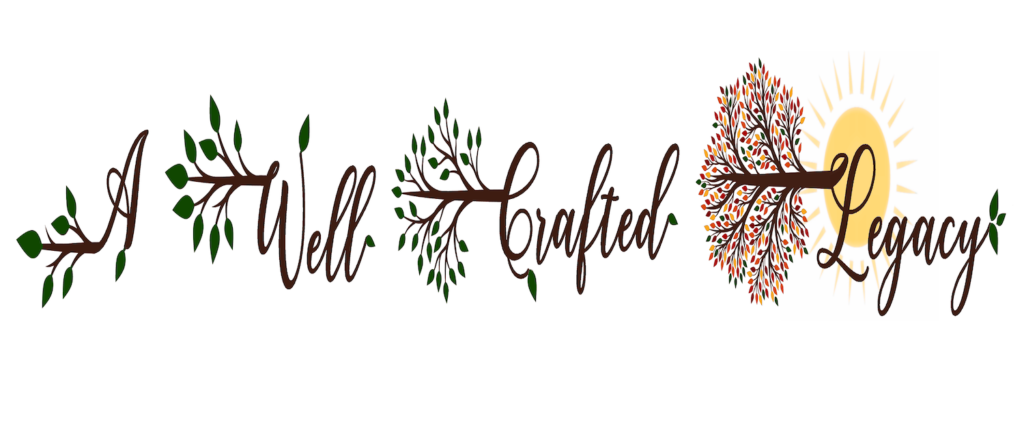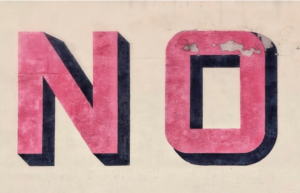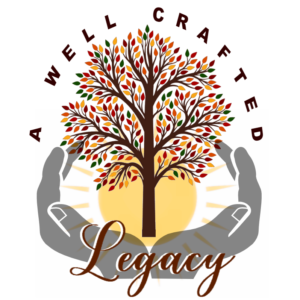

Learning is a powerfully stimulating process that we all are drawn and influenced to do throughout life. We are created to learn, so as a child we are voracious learners. Then family takes over the learning process and we are like sponges around them, learning both good and bad behaviors and mindsets.

Maybe we learn to walk, tie our shoes, dress, brush our teeth and somewhere along with the way maybe some adult language or not eating breakfast. Whatever we learn in our forming years will only be a portion of what we carry with us through life.
Then, we all reach the season where we THINK we know all that we need to know. You know what I mean, those great young adult years of “You don’t tell me, I know what I need to do”. This season of being too full of ourselves or too rebellious to learn anything.
Oh as we journey on into being a “real adult”, which happens at different times for everyone, we realize for maybe the first time in our life that we do not know everything we thought we knew and we are now facing the unknown skill of Unlearning.
Who would have thought that after 25 or more years of learning, being told I have to learn more, study more, that I am now faced with the challenge of Unlearning?
Definitions bring clarity. Clarity reveals applicability.
TO LEARN
But before we look more at Unlearning, let’s look at my definition of “To Learn”.

To learn – Learn is a verb or action word. It is the act of gaining knowledge of or skill in something by study, experience or positioning yourself as a student.
When we understand and embrace what to learn means we automatically open ourselves up to a degree of change. Change comes in six degrees (altered, varied, modified, conformed, transformed, converted) and one of them will apply when we openly determine to learn.
This act of learning is what we partake of for many years, but then at some point, we also find joy and purpose in embracing lore as a part of our learning curve.
Lore
Lore is a noun because it is something we will own. Lore is a body of knowledge and or traditions on a subject that are held in our heart and within a group of people that is passed on as part of that well-crafted legacy.
Lore is not recognized until it is shared and increases in value as a treasured gift that is passed from person to person, generation to generation. Although something of lore once received is now yours, many times it is handed down by word of mouth, person to person.

Lore increases in value when given away. Lore is shared with patience and love. Lore is that skill or knowledge learned from our family or friends on how to plant a garden, bake Thanksgiving stuffing, or darn a sock. Yes, people still darn!
If we are wise, learning will be life long. And when learning includes receiving lore, it will be enriched as it becomes part of our well-crafted legacy to then pass along person to person to that next generation.
Now that we have a foundation of the power to learn, we need to understand the skill to unlearn. Both to learn and to unlearn are part of crafting our life and legacy daily. Unlearning like learning will again cause us to change in one of those six degrees. Change is the grand result of both.
Unlearning is something we don’t’ talk or hear a lot about, yet everyone is attempting to do it in some measure within their life. If we look back to the things we learned within the family, like maybe not earing breakfast, we now have reached an age of awareness that breakfast is a very important part of our day.
Making this degree of change includes both to learn and to unlearn. We need to unlearn the mindset of “I don’t have time, or I cannot get that early” while we embrace another degree of change to learn to prepare and plan for eating breakfast daily.
If we do not first unlearn the mindset of not preparing or committing to eating breakfast, we are not able to learn to eat breakfast. So again...
Definitions bring clarity. Clarity reveals applicability.
To Unlearn

To Unlearn is also a verb or an action word. This means that it will take purposed action on our part to unlearn anything. We can be influenced to unlearn, but true unlearning, or to unlearn with the power to last against the familiar, is a choice.
To unlearn something that you no longer like or want is easy, but unlearning things that are part of your memory base, or of past experiences can be difficult.
To unlearn is choosing to remove an acknowledged behavior in our mind, and set our mind to accept a new behavior that is rooted in the heart as wanted and needed; knowing the rewarding results.
In this season I have been applying the unlearning process because it is necessary for me in “hereafter” or retirement as it is more commonly known.
Unlearning somethings just make sense like; learning a new morning routine, simplifying my wardrobe and taking time to enjoy cooking. The decision for these things has been easy but walking them out is a process that will take weeks and months to come. But, then there are the more difficult, personal or challenging things to unlearn. So there is the struggle to unlearn.
Some of the struggles I am having are not massively important or even have a big impact, but in this season of creating a well-crafted legacy of the hereafter, change must come, therefore I must unlearn.
Struggle to Unlearn

Unlearn the need for busyness: I am a doer that loves to accomplish. As a leader of people and processes for over thirty years, it became a big part of my identity, and being busy was the behavior for my daily life. I know I could build a busy life filled with other things in my new season of the hereafter. But I also know that is not sustainable long term, so I need to embrace not being busy all day to be able to unlearn or accept that change in my life.
You may be facing the same “busy” issue of behavior and know it needs to change for you right now in your season of life. If you do, here are tips I have found that helped me.
- I laid down my daily planner for 90 days. I am a planner by heart, but I knew if I daily looked at my planner, I would fill it up. Now, I use Evernote to keep my commitments, and I check it each morning after I am done journaling.
- I changed my self-care to include no tasks except my morning time with the Lord before 9:00 am. I rest, read, do my nails with a new color, or just linger longer in my morning time.
- Revive creative things that I did in my early years before entering corporate America. I am playing with them, and right now it is writing, coloring and creating prayer bottles.
Another is to unlearn the need for completion: As a check it off my list person, completion has been the goal for decades. Completing projects, requests and requirements, even though it was stressful, there was such a sense of satisfaction when I completed something on my list.
I am now welcoming and unlearning the need to complete. I still like to finish tasks, but I am moving that from a need to complete into the joy of doing a task well. I know I could still be that check off the list person, but in my heart, I want to put the emphasis on enjoying the journey not just completing the project.
Being where I am in my season, I want to encourage you in your season to adopt this new skill of finding enjoyment in the journey and not pressing yourself to just get it done. Of course, every professional needs to get things done, but many times we put more pressure on the check-off than necessary. Maybe I was the only one that did that, but I don’t think so. Here is how I am approaching projects or tasks now to help me keep the joy in the process, not just in the completion.
- I take time to identify and journal the “why” I am doing the project or task. It helps me quickly determine the amount of time and resources I want to invest in it.
- Unless critical, I don’t put a due date of completion, instead, I identify a time frame of investing in the project based on my why.
- Only plan a date and time to do the Next Right Thing for the project or task each week. Keeping my view of planning weekly allows me to make changes easier and also journal the joy I am finding in the process without the view being on the completion.
- Example: Create a flower garden on the porch.
- Why: I now have time to sit on the porch and I want to enjoy their beauty.
- Investment: Work on it over the next 60 days.
- Next Right Thing: This week I will layout the planters and what plants to order.

Friend, regardless of your season, I desire to inspire you to find joy in the unlearns as much as in the learning. Both will bless you now and aid you in creating a well-crafted legacy that will live on after your season changes.



